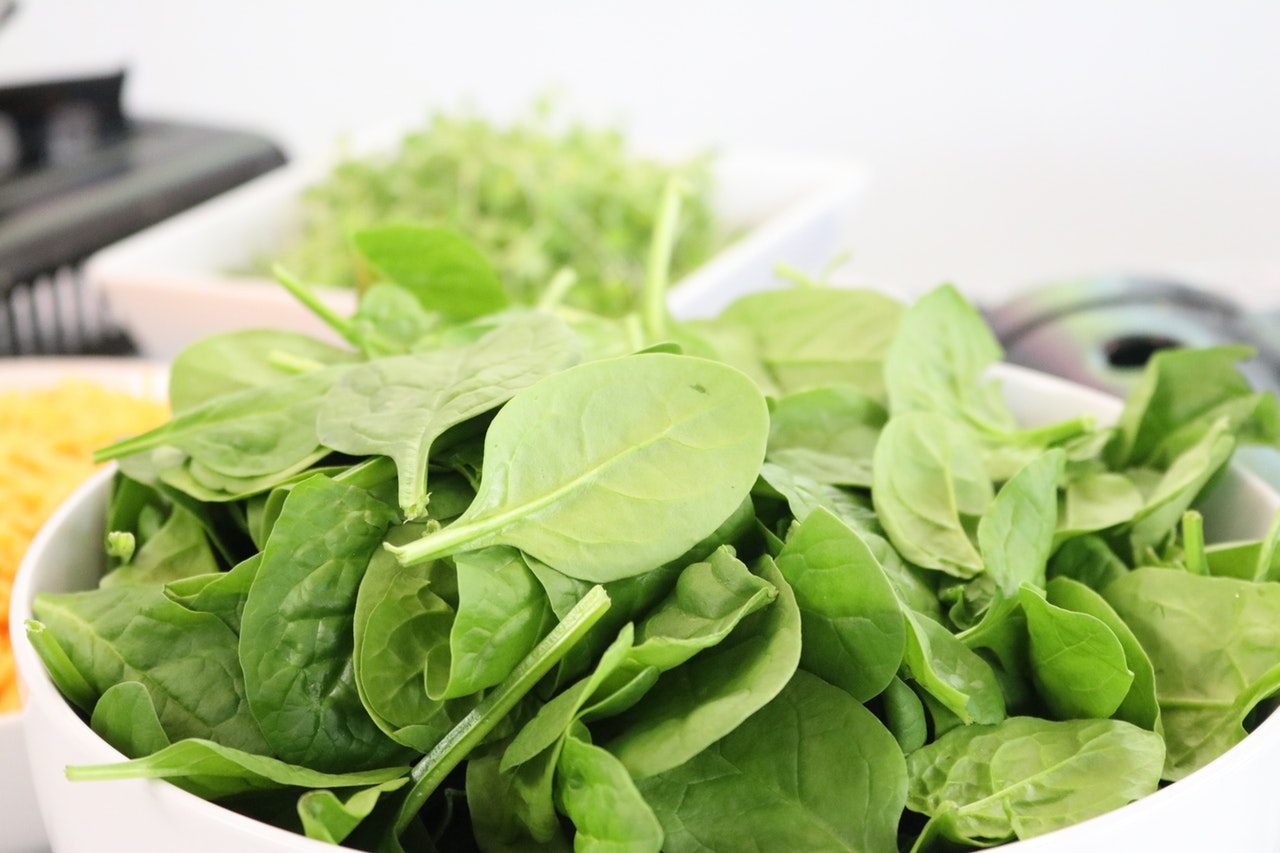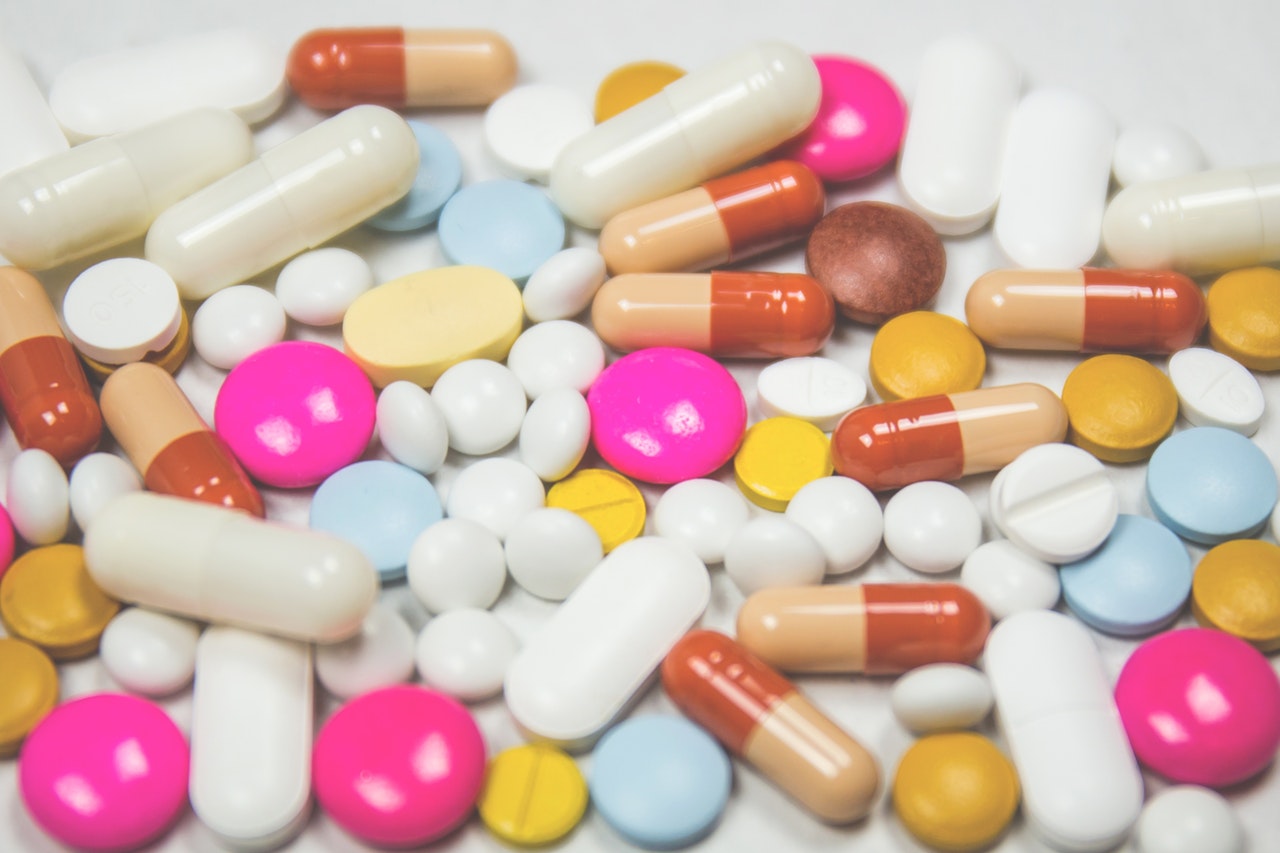Fertility Diet
How the food you eat affects your fertility
There are a number of different ways that your diet can affect your ability to get pregnant. Every individual has a different story and reason that she or he is having trouble conceiving. Nutrition is able to address or support conception in many different ways whether you’re trying to conceive naturally or going through fertility treatments.
On the most basic level, if you’re underweight or overweight, this can have a dramatic impact on your ability to conceive and maintain a pregnancy. If you’re underweight, your body may not be making enough estrogen for you to get pregnant or maintain a pregnancy. If you’re overweight, your ability to ovulate and your hormones may be out of balance due to excess estrogen being produced in fat tissue. Weight matters for the guys too! Being overweight is associated poorer sperm quality.
A fertility diet should include lower glycemic index foods, as lower glycemic index diets have been associated with lower rates of infertility. The amount and type of carbohydrates you eat are important along with the source of fats and protein. Blood sugar balance plays an especially important role in promoting weight loss (when needed), managing polycystic ovarian syndrome (PCOS), and may a play a role in IVF success as well as egg quality.
Specific conditions that can be addressed/supported by nutrition include:
- Nutrient deficiencies
- Overweight or underweight
- Inflammation
- Poor egg or sperm quality
- improper hormone balance
- unbalanced blood sugar
- PCOS
- Endometriosis
- Unexplained infertility
Infertility has many different causes, but luckily your diet and lifestyle can play a very supportive role in your wish to conceive.
Fertility Diet Goals
- Achieve a healthy weight
- Promote blood sugar balance
- Correct any nutritional deficiencies
- Move towards appropriate ratio of carbs, protein, and fat
- Include healthy fats and adequate protein
- Decrease inflammation
- Include specific fertility supportive foods and nutrients
- Limit potentially allergenic foods (as needed)
- Optimize digestion and elimination
- Minimize exposure to endocrine disruptors from foods, food packaging, personal care products, and cleaning products.
Fertility Diet for IUI and IVF
If you are going through fertility treatment including in vitro fertilization (IVF), you will be interested to know that nutrition as a means to improve IVF success rates is an area of active research. IVF is a stressful and expensive process for anyone to go through and maximizing your chances of success is important. There has been research in the following areas related to improving IVF success rates:
- optimizing vitamin D levels
- diet composition including achieving the optimal ratio of protein, carbohydrates, and fat.
- certain dietary patterns are associated with better IVF success rates.
- omega-3 fatty acids and embryo quality
- supplements for egg quality
Contact Margaret at margaret@margaretwertheimrd.com
with questions, or schedule an appointment today to learn more about how nutrition may support your fertility.
-
 Folate Rich Foods for Fertility and Pregnancy January 9, 2020
Folate Rich Foods for Fertility and Pregnancy January 9, 2020 -
 The Best Prenatal Vitamins: How to choose a Prenatal January 2, 2020
The Best Prenatal Vitamins: How to choose a Prenatal January 2, 2020
Free Fertility and Pregnancy Resource Guide
Download my favorite Fertility and Pregnancy resources!
![]() We value your privacy and would never spam you
We value your privacy and would never spam you
